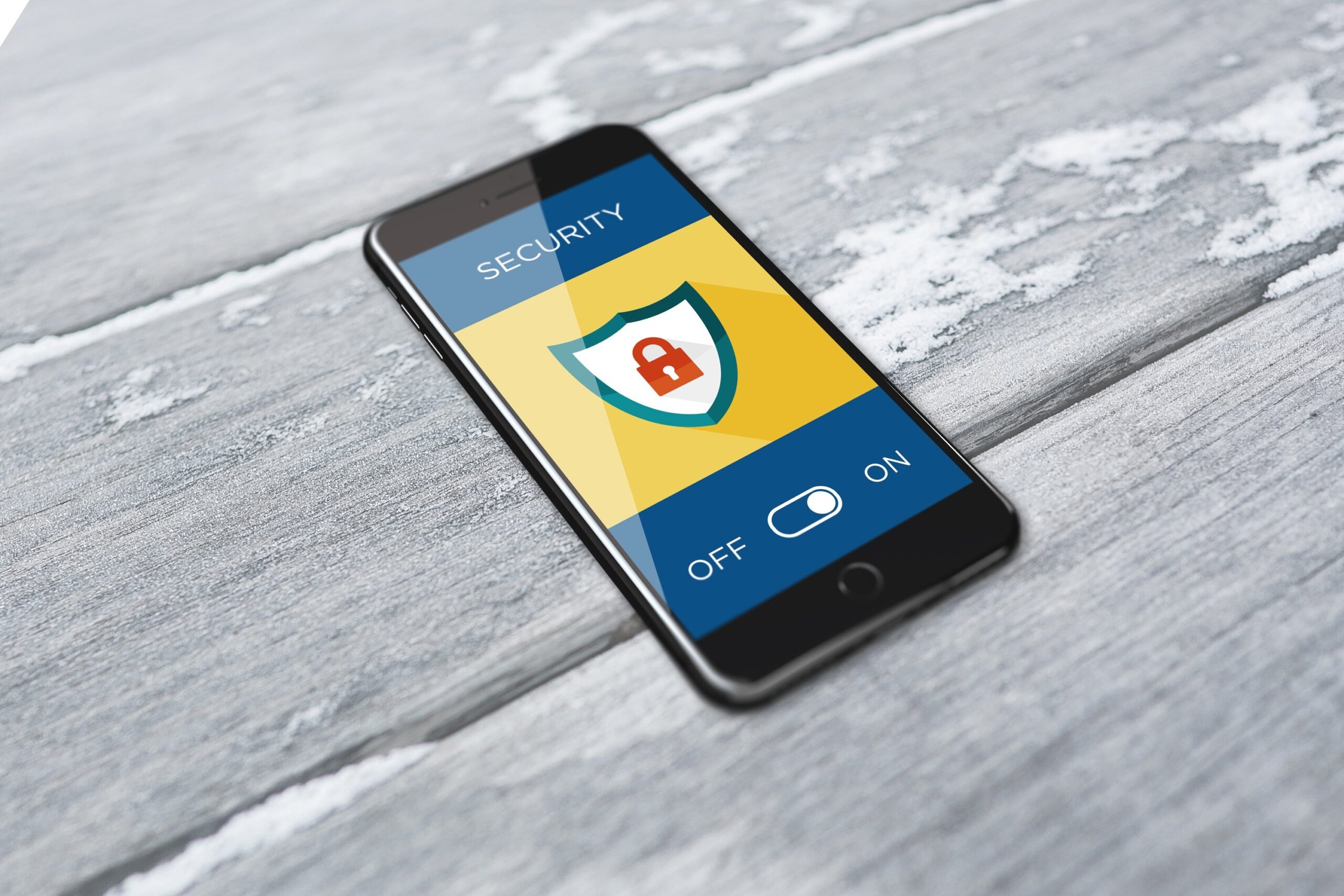Braverman reveals six occasions on which guidelines were breached – but claims no information on law enforcement, security or cyber issues was sent
Credit: ivke32/Pixabay
Home secretary Suella Braverman has admitted that she sent official government documents to her personal email account six times.
In a letter to the Home Affairs Select Committee, the senior Cabinet minister explained she had done so between September 6 and October 19, on occasions when she was conducting meetings virtually or “related to public lines to take in interviews”.
“None of the documents in question concerned national security, intelligence agency or cyber security matters, and did not pose any risk to national security,” she said. “None of the documents were classified as SECRET or TOP SECRET.”
Braverman said she had apologised to prime minister Rishi Sunak when she was reappointed as home secretary after he entered No 10 and publicly repeated that apology.
“I also gave the prime minister assurances that I would not use my personal email for official business and reaffirmed my understanding of and adherence to the Ministerial Code,” she added.
The prime minister’s official spokesperson said that Sunak continued to have full confidence in his home secretary.
They said Braverman has “provided a detailed account around those issues, both the individual issue of forwarding that email and a further investigation”.
Related content
- Private email and messaging accounts subject to FOI laws, says information commissioner
- Delayed publication of coronavirus contracts ruled unlawful
- ‘These are fundamental to empowering individuals’ – ICO takes action against departments and councils over data requests
The spokesperson added: “Clearly, as she makes clear, she made an error of judgement, she recognises that the approach she took was not right and it is for those reasons that she felt it was right to resign, and obviously she has apologised, both to the prime minister, the MP involved, and she has set out a detailed letter to the committee today.”
Braverman said a Home Office review into her conduct “confirmed that I had never used my government email to send any information to external recipients outside of government”.
But it was the initial revelation that she had sent a document accidentally to a staffer in parliament that saw her leave the Home Office – only to be brought back into government six days later by Sunak.
In her letter, she said other than on 19 October, the event which triggered her resignation, “I have not used my personal email account to send official Home Office documents to other people outside of government”.
Braverman also insisted there was nothing marked sensitive in the draft written ministerial statement (WMS) that she sent from her private email address to Tory backbencher Sir John Hayes, which led to her resignation.
She said the former prime minister, Liz Truss, had “specifically” asked her to engage with parliamentary colleagues to discuss its content, which was reportedly about a planned new “growth visa”.
The home secretary said in her letter that much of the document had already been briefed to MPs, but acknowledged that “some sentences” had not been fully agreed by all departments.
“I want the Home Affairs Select Committee to be reassured on the very important point about the nature of the document that I shared by mistake,” Braverman wrote. “The draft WMS did not contain any information relating to national security, the intelligence agencies, cybersecurity or law enforcement. It did not contain details of any particular case work. It did not contain any market-sensitive data as all the data contained in the document was already in the public domain. It was not classified as SECRET or TOP SECRET.”
‘Rule breaking on an industrial scale’
But Home Affairs Select Committee chair, Labour MP Dame Diana Johnson, told TimesRadio that Braverman must explain her position to parliament.
“She’s got to deal with this because, until this is dealt with, she can’t get on and do the job of home secretary,” Johnson added.
Responding to Braverman’s letter, Liberal Democrat Chief Whip Wendy Chamberlain said: “This was not a one-off error, the home secretary has admitted breaking the rules on an industrial scale. Deliberately sending a sensitive government document to a friend without clearance is completely beyond the pale. If the home secretary wants to maintain even a shred of her dignity and credibility, she must resign now and apologise for her violations of the public’s trust.”
The use of personal communications accounts by ministers – including emails and messaging services has come under increased scrutiny in the last 18 months. In summer 2021, it was reported that, throughout the coronavirus crisis, former health secretary Matt Hancock and other ministers in the Department of Health and Social Care had often used personal communications accounts to conduct official government business.
The Information Commissioner’s Office launched an investigation and, in June of this year, published a report in which it called for government to launch its own review of the use of private communication channels by ministers and officials.
“This should identify any systemic risks and areas for improvement, as well as whether there should be greater consistency in approach across departments,” commissioner John Edwards said. “The review could also consider whether there is a case for a stronger duty on ministers, public servants and others who are responsible for maintaining the public record.”



